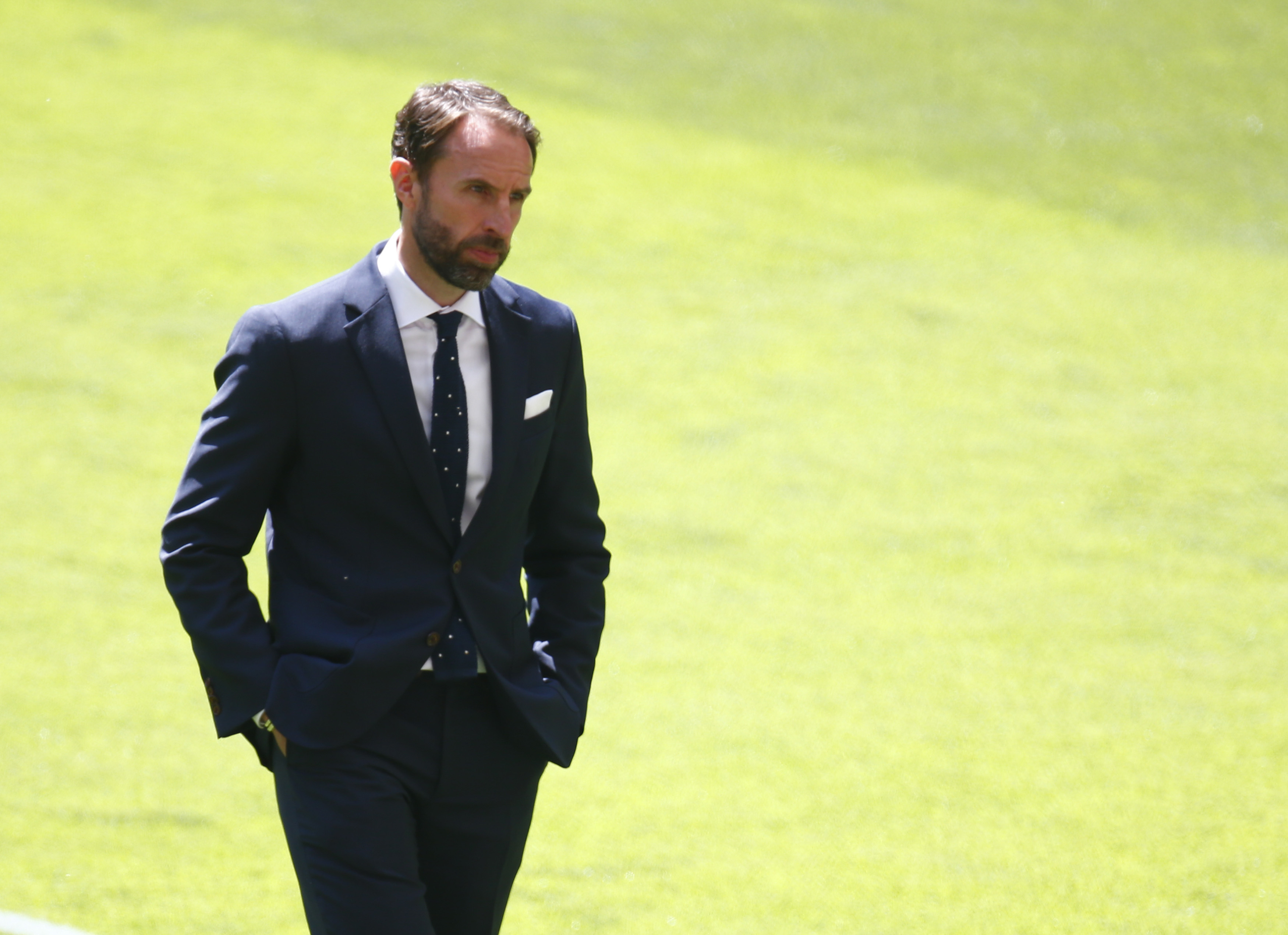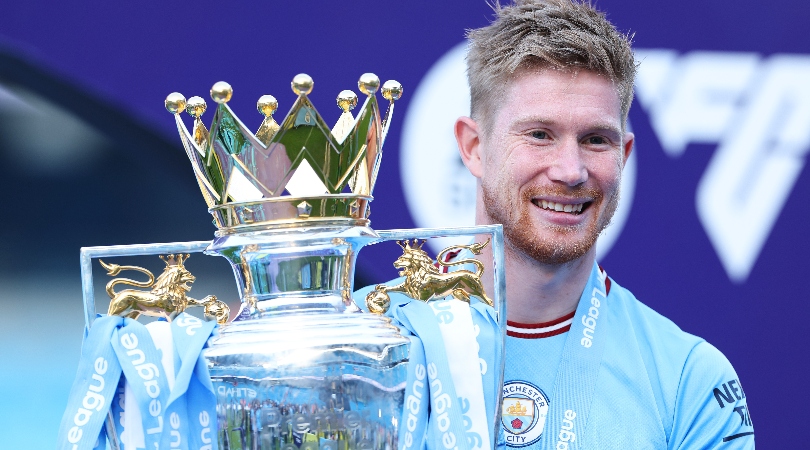Euro 2020: Gareth Southgate will never please everyone in a nation full of England managers
Gareth Southgate silenced his critics with winning formula against Croatia, but national outrage is never far away

Napoleon Bonaparte once called England a nation of shopkeepers. It may have been true two centuries ago. Now it appears to be a nation of amateur England managers. The only current professional one, Gareth Southgate, has dropped hints he realises that. The chances are that none of the millions who thought they could do his job better than him wanted the 11 that started against Croatia.
ENGLAND Our writers pick who they'd start against Scotland in Euro 2020 clash
The success of Southgate’s idiosyncratic selections meant criticism was muted and praise forthcoming. Tyrone Mings had floundered in friendlies but flourished in a competitive game; there was no need to bemoan Ben White’s benching. Kieran Trippier brought solidity as a stand-in left-back preferred to the specialists and, ultimately, England did not need the attacking verve of Luke Shaw or Ben Chilwell.
Kalvin Phillips earned an assist in a man-of-the-match performance that ensured there were no suggestions Southgate was too cautious to pick the wunderkind Jude Bellingham. Raheem Sterling shrugged off his indifferent Manchester City form to deliver the winner; Jack Grealish may have been the people’s choice – and also Jose Mourinho’s, with his recent gift for spectacularly wrong punditry an indication of why management has become increasingly difficult for him as he omitted the eventual scorer from his hypothetical side – but Southgate showed both loyalty and a recognition of the qualities Sterling brings – speed and a willingness to run in behind defences – that balanced the team.

It bought Southgate a few days’ respite. His choices in Euro 2020 will be more contentious than in the 2018 World Cup for a simple reason: England have far more appealing options. Then his decisions revolved around whether to use Sterling or Marcus Rashford alongside Harry Kane in attack – his preference for the Manchester City man remained entrenched – and if he should field a weakened team in the third group game against Belgium (he did).
But when the back-up options included Phil Jones and Danny Welbeck and Fabian Delph, the gulf in quality between starters and substitutes was larger and there was a greater recognition he had settled on England’s strongest available XI.
Now, in contrast, he found a side that did a job against Croatia, but it has not produced the same unanimity of agreement it is always the way to go. Nor should it, really, given the alternatives have improved. Southgate has two Champions League-winning full-backs, one of whom was not even on the bench on Sunday. In Rashford, he has a player with talismanic credentials who is outside his starting 11.
Get FourFourTwo Newsletter
The best features, fun and footballing quizzes, straight to your inbox every week.
In Grealish, he has one with the potential to be decisive but, if he scarcely features, who could be a cause celebre. In two of those who convinced Southgate rather earlier, in Harry Maguire and Jordan Henderson, he faces questions of when to reintroduce stalwarts, if it is unfair to Mings and Phillips and whether England will repeat past mistakes by investing too much faith in semi-fit players.
Throw in the issue of whether England could or should revert to a back three, especially against elite opposition, and it is understandable why Southgate’s job has become more complicated. Management can be simpler when there are only 11 compelling choices while many a player’s reputation has been improved by sitting out an England setback. The answer is apparently whoever was absent. Proper analysis is important; simply asserting that he should have picked whoever he did not does not fall into that category.
If any assessment of Southgate has to include the recognition that he cannot fit everyone in and that those making simplistic, bold statements about who has to play should also work out who misses out as a result and that a manager sometimes unfairly deemed overly conservative can be progressive in his use of young players, choosing the England team has difficulty.
There are relatively few automatic choices – France, Belgium and Portugal all seem to have more – and, in many positions, Southgate is picking from (often very different) players of a roughly similar level. The debate about who flanks Harry Kane, involving Sterling, Rashford, Grealish, Foden and Jadon Sancho is a case in point.
The chosen ones feel first among equals; every knockout game will assume such proportions that any selection that backfires will bring still greater scrutiny. Southgate displayed a capacity for independent thought in his team for Croatia, especially in his use of Trippier; not bowing to public pressure could leave him more vulnerable. It is a problem created by talent and by England’s national obsession.
Southgate is grounded enough to realise it; his tasks involving winning with his countrymen and proving many of his compatriots wrong.
Subscribe to FourFourTwo today and get a FREE England Euro 96 shirt!
NOW READ
FOR YOUR HOME Euro 2020 wall chart: Download free with full schedule, fixtures and dates
REFS Euro 2020 referees revealed: who are they, how were they selected and will VAR be in use?
Richard Jolly also writes for the National, the Guardian, the Observer, the Straits Times, the Independent, Sporting Life, Football 365 and the Blizzard. He has written for the FourFourTwo website since 2018 and for the magazine in the 1990s and the 2020s, but not in between. He has covered 1500+ games and remembers a disturbing number of the 0-0 draws.

